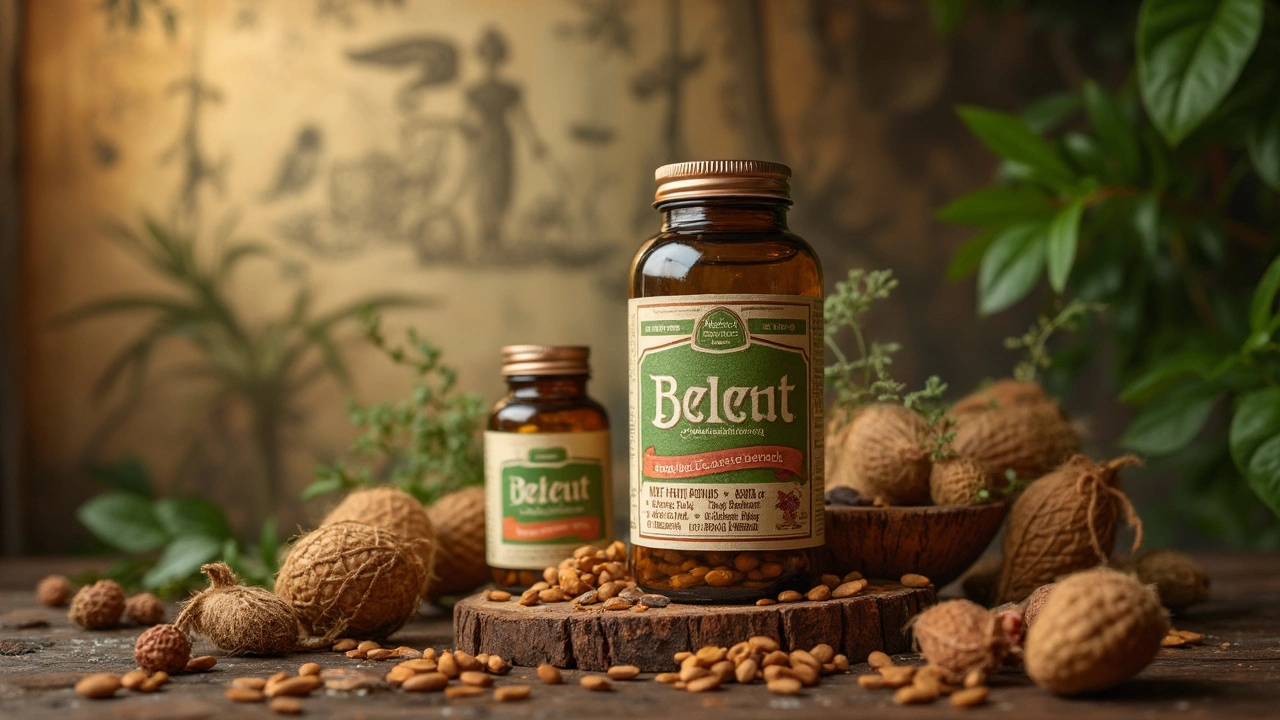Betel Nut: What It Is and Why You Should Care
Betel nut chewing is a daily habit for hundreds of millions of people across South and Southeast Asia, the Pacific, and parts of East Africa. People pair the areca nut with a betel leaf, lime, and often tobacco to get a quick stimulant buzz. That buzz comes from a chemical called arecoline — it wakes you up, dulls hunger, and can feel social or relaxing. But it's not harmless.
The biggest danger is your mouth. Regular chewing is strongly linked to oral cancer and a painful condition called oral submucous fibrosis (OSF). OSF slowly tightens the mouth and can make opening your jaw hard. Dentists also see stained teeth, gum disease, loose teeth, and faster tooth loss in chewers. If the mix includes tobacco, cancer risk and addiction climb even higher.
Betel nut affects the body beyond the mouth. Arecoline raises heart rate and can push blood pressure up. Studies show chewers have higher odds of heart disease, metabolic problems, and complications in pregnancy. Dependence is common; people report withdrawal symptoms like headaches, low mood, and cravings when they try to stop.
Why the habit sticks
It isn't just the stimulant. Betel nut is woven into daily life, rituals, and business culture in many regions. Chewing signals hospitality and marks celebrations. That social weight makes quitting harder. Also, many users start young because it's cheap and easy to get.
Practical steps to cut back or quit
Want to stop or reduce harm? Start with a clear check: ask a dentist or doctor for an oral exam — they can spot early lesions and advise screening. If your mix contains tobacco, treat it like tobacco cessation: nicotine replacement, counseling, or prescription medicines can help. For the stimulant craving, try sugar-free gum, mints, or a short walk when the urge hits.
Attend regular dental cleanings and photograph any red or white patches inside your mouth so you can track changes. If you live in a community where chewing is common, look for local support groups or public health programs — many regions run screenings and quitting campaigns. If you’re pregnant, avoid betel nut entirely and tell your healthcare provider.
If you chew betel nut and feel unsure about risks, book an oral checkup this month. Early detection catches problems when they’re easiest to treat. Small changes — swapping what you chew, seeing a professional, joining a group — add up fast.
You can also watch for warning signs: a white or red patch that doesn't heal, a persistent sore, or a tight feeling when you open the mouth. These are reasons to see a doctor right away. A dentist or ENT can biopsy suspicious spots; early treatment brings far better outcomes. For ongoing support, check national quitlines, local clinics, or NGOs that run oral cancer screening camps. Schools and workplaces can set up education drives — changing social norms makes a big difference. Quitting won't erase past damage immediately, but it lowers future risk and gives your mouth a chance to heal.

Discover the Ancient Secret: How Betel Nut Dietary Supplements Can Transform Your Health
- Feb, 4 2025
- Daniel Remedios
- 14 Comments
Unlock the surprising health benefits of betel nut dietary supplements, an ancient remedy gaining modern recognition. Learn about its potential to boost energy, improve digestion, and even enhance cognitive function. With roots in traditional medicine, this natural wonder might just be the health boost you're looking for. Discover how betel nut can fit into your health routine and the best ways to harness its powers. From ancient use to modern supplements, dive into the world of betel nut.
